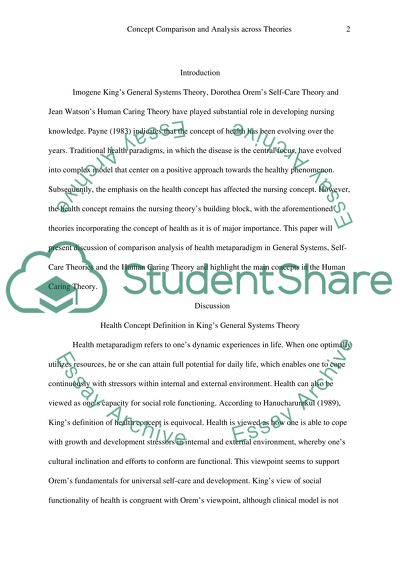Cite this document
(“Concept Comparison and Analysis Across Theories Essay”, n.d.)
Concept Comparison and Analysis Across Theories Essay. Retrieved from https://studentshare.org/nursing/1454169-concept-comparison-and-analysis-across-theories
Concept Comparison and Analysis Across Theories Essay. Retrieved from https://studentshare.org/nursing/1454169-concept-comparison-and-analysis-across-theories
(Concept Comparison and Analysis Across Theories Essay)
Concept Comparison and Analysis Across Theories Essay. https://studentshare.org/nursing/1454169-concept-comparison-and-analysis-across-theories.
Concept Comparison and Analysis Across Theories Essay. https://studentshare.org/nursing/1454169-concept-comparison-and-analysis-across-theories.
“Concept Comparison and Analysis Across Theories Essay”, n.d. https://studentshare.org/nursing/1454169-concept-comparison-and-analysis-across-theories.


